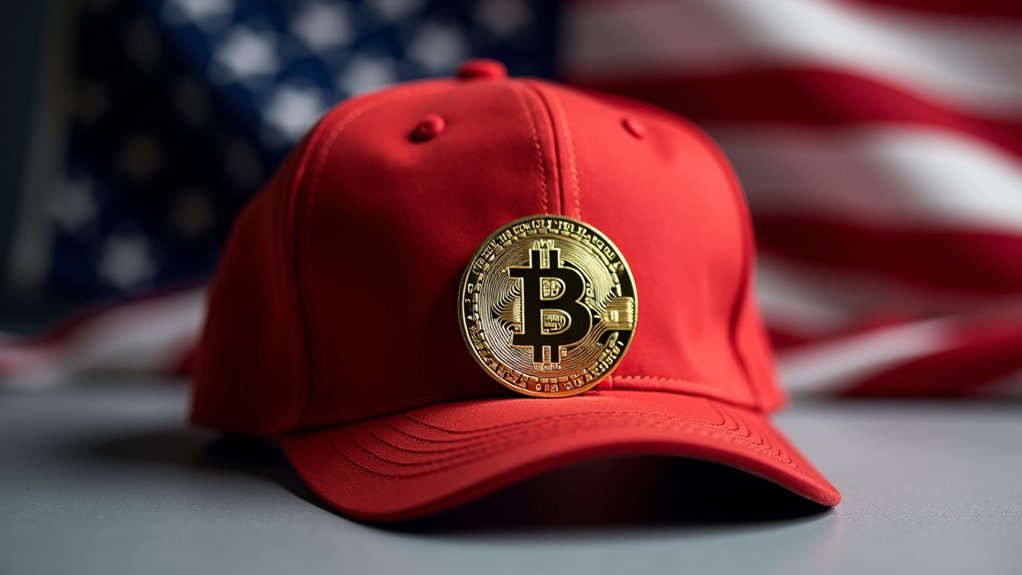While crypto advocates have long battled for recognition in Washington’s halls of power, a new player just entered the game. The Solana Policy Institute (SPI) launched on March 31, 2025, and it’s not playing around. Led by Miller Whitehouse-Levine, the former DeFi Education Fund head, this non-profit is taking aim at something bigger than just another Bitcoin conversation.
Let’s be real – Washington’s crypto focus has been somewhat Bitcoin-obsessed. But SPI wants lawmakers to wake up and smell the blockchain. With Solana hitting 100 million active monthly addresses in 2024, it’s getting harder to ignore this player in the digital economy. The institute isn’t just another crypto lobbying group; it’s positioning Solana as the poster child for what blockchain can really do. Recent data shows that Solana NFT volume surged by 204% following the DeFi Dungeons mint. Similar to Polygon’s impressive Layer 2 scaling capabilities processing 65,000 transactions per second, Solana’s infrastructure demonstrates the evolution of blockchain technology.
Blockchain isn’t just Bitcoin anymore. With Solana’s massive growth, Washington needs to broaden its vision of crypto’s potential.
The timing couldn’t be more interesting. Just as the Blockchain Association’s Kristin Smith makes her move to SPI leadership roles, the institute is diving headfirst into discussions about stablecoins and market regulations with the House Financial Services Committee. They’re keeping their eyes on both the SEC’s crypto task force and CFTC personnel changes. Because in this game, you can’t blink.
What makes SPI different? They’re laser-focused on Solana’s ecosystem, particularly platforms like Pump.fun. With its high-speed transactions and low costs, Solana’s become a powerhouse in DeFi and meme coin trading. The institute is using these real-world applications to show lawmakers that blockchain isn’t just about digital currency – it’s about building the future of the internet economy.
Whitehouse-Levine and his team aren’t just advocating; they’re educating. They’re showing policymakers how decentralized networks can serve as economic and social infrastructure. It’s a bold move, pushing for legislative clarity while protecting developers’ and users’ rights to create and access Web3 applications.
And in a city where Bitcoin has dominated the crypto conversation, SPI is determined to prove there’s more to blockchain than just digital gold.





